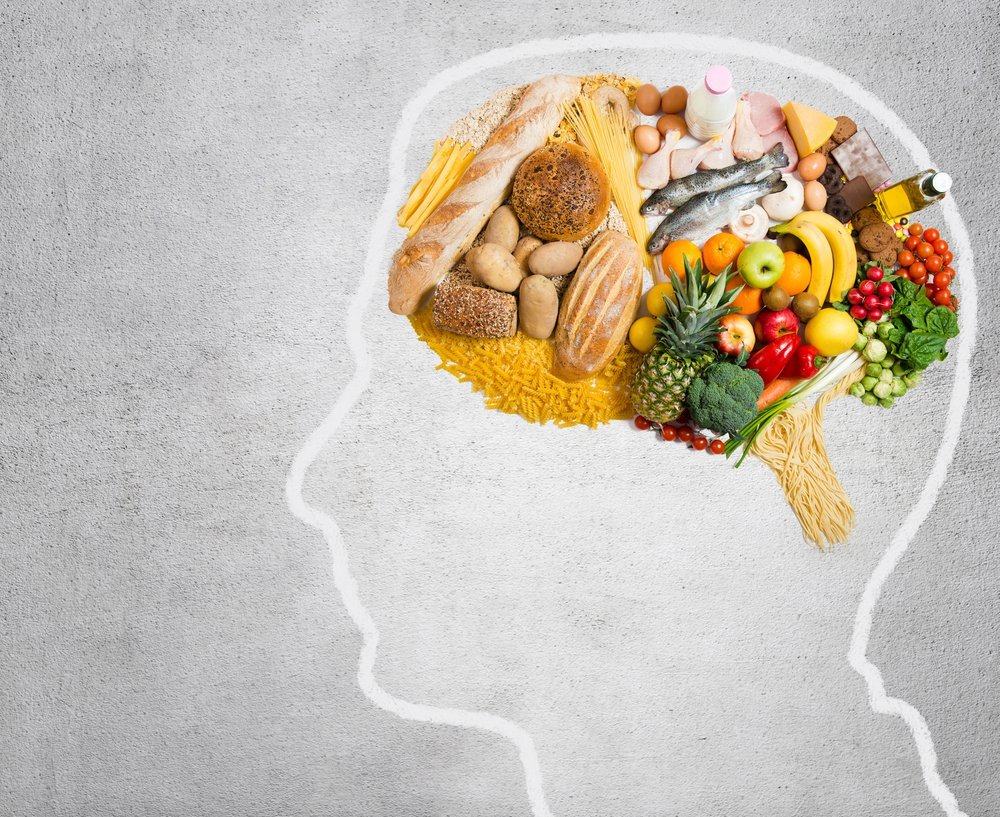Contents:
- Medical Video: What Your Blood Type Says about Your Health ǀ disease risk and Blood Groups
- Three types of blood type
- 1. ABO blood group system
- 2. Rh system
- 3. Minor blood type
- Risk of disease based on your blood type
- 1. Mosquitoes are more interested in blood type O owners
- 2. Different blood groups, different bacteria in the intestine
- 3. A blood type is at risk of becoming a drunkard
- 4. Owners of blood type O are more vulnerable to stress
- 5. Obsessive tendencies occur more with the owner of blood type A
Medical Video: What Your Blood Type Says about Your Health ǀ disease risk and Blood Groups
Blood flowing in our body has its own type, based on the presence or absence of certain substances (antigens) found in red blood cells and blood plasma that make the body recognize blood. If there is a different blood type in your body, your body's immune system will recognize it as a "stranger" and will attack it, usually this is a reaction to blood transfusions.
Three types of blood type
There are three blood classification systems based on the explanation described in WebMD, that is:
1. ABO blood group system
This is a commonly known class system, which consists of blood groups A, B, AB, and O. People with blood type A have antibodies in the blood against type B or anti-B. The same is true for people with blood type B, who have antibody A or anti-A. People who have blood type AB do not have anti-A and anti-B. Then, blood type O has anti-A and anti-B.
The owner of blood group AB is a recipient of universal blood, because it can receive blood from A, B, AB, and O, but can only contribute blood to AB group owners. Whereas O is referred to as a universal donor, he can give his blood to owners of groups A, B, AB, and O, but also can only receive donors from blood type O.
In blood transfusions, in every 1 million units of blood transfused, only a maximum of 4 times the type of blood that is transfused occurs. Blood transfusion with the wrong type or blood type can cause severe reactions that can threaten a person's life.
2. Rh system
For type blood type, these two types are Rh-positive or Rh-negative, based on the presence or absence of Rh antibodies in the blood. People with Rh-positive blood can receive Rh-negative blood, but people with Rh-negative blood will experience a transfusion reaction if they receive Rh-positive blood.
3. Minor blood type
There are more than 100 other blood subtypes. Most have little or no effect on blood transfusions, but some of them can be the cause of mild transfusion reactions. Mild transfusion reactions are quite alarming, but usually rarely life-threatening if treated quickly.
Risk of disease based on your blood type
There are many things that can be revealed through your blood type. Apart from knowing the influence of one blood group on other blood groups, there are several studies that have found that certain blood group owners have the following tendencies or risks:
1. Mosquitoes are more interested in blood type O owners
For those of you who have blood type O, unfortunately, you will double the attention of certain mosquitoes compared to people with other blood groups, according to a study from Japan, precisely from the Institute of Pest Control Technology. The good news, you tend to be less at risk of suffering from malaria, perhaps because of the deadly malaria protein that is difficult to attach to O blood cells.
2. Different blood groups, different bacteria in the intestine
Several years ago, researchers in Europe found bacterial species in the intestine consisting of three different categories. They hypothesize (although there is no evidence) that this difference is based on a person's blood type. Since then, another team from Finland has also found an association between blood groups and certain types of intestinal bacteria. The implication is quite large, if the doctor can predict the type of bacteria that inhabits the intestine based on your blood type, the doctor can plan a more accurate diet and treatment.
3. A blood type is at risk of becoming a drunkard
Some studies reveal the relationship between blood type A and the level of risk of alcoholism. A number of studies have also found an association between certain blood components called antigens against the risk of alcoholism. This study shows that antigen A can alter the immune system's reaction to alcohol in a way that affects intoxication. However, genetic factors also affect about 50% of the risk of alcoholism, according to the National Institutes of Health.
4. Owners of blood type O are more vulnerable to stress
Many studies link between increasing levels of the stress hormone cortisol with several things, for example junk food and premature aging. Studies from the US Department of Veterans Affairs show that blood type O cortisol levels are higher than other blood groups, making them more susceptible to stress.
5. Obsessive tendencies occur more with the owner of blood type A
Owners of blood type A may be more likely to have obsessive-compulsive disorder or OCD, according to a study in the journal Neuropsychobiology. A new study from Japanese researchers found a correlation between blood type A with persistent nature, which often does something diligently and diligently until it is considered perfect, even though it is at the peak of fatigue or even feeling frustrated.
READ ALSO:
- Blood type and risk of the disease
- What causes blood crying?
- Holding a bowel movement can be fatal!











